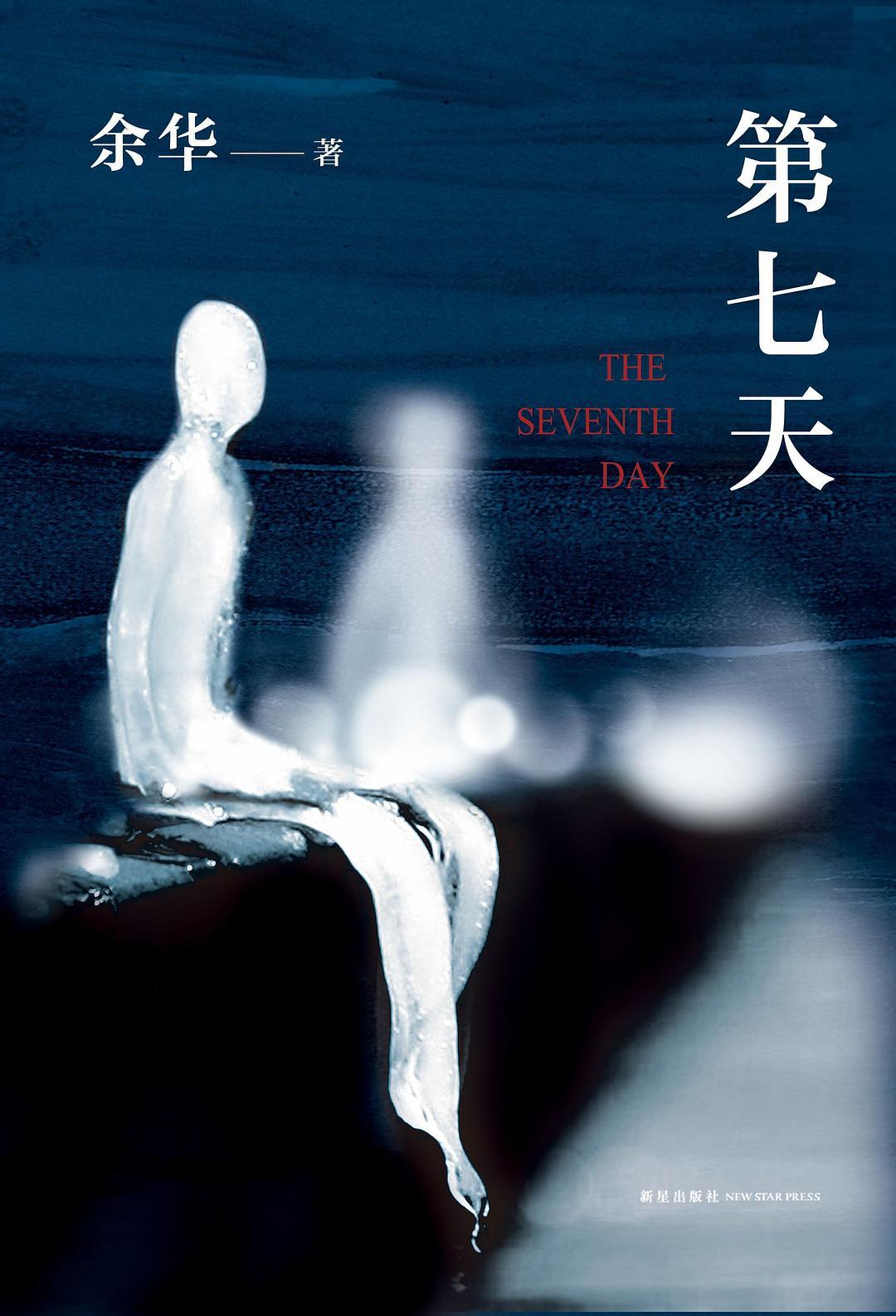The Seventh Day inherits Yu Hua's magic realism, allowing the ghost of Yang Fei to wander between life and death, to see life through death, so that the human world can be presented as a reflection in the water.
《第七天》秉承了余华魔幻现实主义的创作手法,让主人公杨飞的亡灵游离在生死之间,以死观生,从而让人类世界像水中倒影一样清晰地呈现出来。

Mr. Yu Hua's description of reality is straightforward and bloody. He relentlessly tore up this hypocritical society, pointing to contemporary social problems: bureaucratic corruption, the opposition between officials and the people, polarization between rich and poor, confusion of values, violent law enforcement, food safety, left behind children in rural areas, urban rats... Some people say that To Live is a daily account of the last century. Then, The Seventh Day is the mirror at this moment to find out too much social darkness and sinister people. The adoptive father, adoptive mother, ex-wife, neighbors, students' parents, and the downstairs restaurant owner all died one after another for some reason. Their death is a bloody sacrifice to social reality.
余华先生对现实的描写简直是直白血腥,他毫不留情地撕破这个虚伪的社会,剑指当代社会问题:官僚腐化、官民对立、贫富分化、价值观混乱、暴力执法、食品安全、农村留守儿童、城市鼠族...有人说,《活着》是一本上世纪的流水账。那么,《第七天》就是此时此刻的照妖镜,找出太多社会黑暗、人心险恶。主角的养父、养母、前妻、邻居、学生家长、楼下饭店老板,皆在某种原因下纷纷去世。他们的死,是对社会现实血淋淋地献祭。
But there is some great human love among them. Yang Jinbiao, the adoptive father, gave up the happiness of getting married and establishing a career, and firmly brought Yang Fei up. Because he didn't want to drag Yang Fei down, he chose to leave home because of cancer. He was happy that Yang Fei had found his natural mother and wanted to buy him the best suit; he regretted that he had abandoned Yang Fei all his life and died under the big stone at the gate of the orphanage. As a ghost, he wanted to see his son again, so he began to work as a receptionist in the funeral home. This simple and honest man has lived for Yang Fei all his life. In addition to family love, the description of love in The Seventh Day is so dedicated. Li Mei, and Wu Chao, her boyfriend, are "rats" in this huge society. They will quarrel because of the difficulties of life, but they will never leave each other. After Li Mei committed suicide, Wu Chao went to sell his kidney to buy her a cemetery. Before he died, he held the hand of a friend and said, "Take the 3000 yuan to buy a better cemetery for Li Mei.” Just for her to have a home after death.
但这其中不乏一些人间大爱。养父杨金彪放弃了个人成家立业的幸福,坚定地把杨飞拉扯大,又因为不想拖累杨飞,患癌的他选择离家出走。他为杨飞找到亲身母亲而开心,要给他买最好的西服;他为曾经丢弃杨飞的念头而懊悔终生,倒在那个孤儿院门口的大石头下。作为鬼魂的他想再一次见到儿子,于是在殡仪馆做起了接待的工作。这个朴素忠厚的男人,一辈子都在为杨飞而活。除了亲情,《第七天》对于爱情的描写也是那么朴实。主人公的邻居李梅和男朋友伍超,是这个庞大社会下的“鼠辈”,他们会因为生活的拮据而争吵,但是永远不会离弃彼此。李梅自杀后,伍超为了给她买一块坟地而前去卖肾。临死前,他握住一位好友的手说,把这三千块钱拿去给李梅买一个好点的坟地,只为了她能在死后有一个归宿。
Mr. Yu Hua draws from life with death and expresses his best wishes in this place where there is no burial place. The soul has lost its skin and flesh, leaving only bones, as if they had washed away the worldly troubles and regained their lives. This place seems to be the transition between illusion and reality, the interweaving of the great good and the great evil in the world. I just hope that no matter whether the road ahead is full of thorns or not, you will break through the fog and stride forward.
余华先生以死写生,将美好的祝愿寄托在这片死无葬身之地里,灵魂褪去皮肉,只剩下累累白骨,仿佛他们已经洗去俗世的烦恼,重获新生。这个地方仿佛是虚幻与现实的交接,是人间大善与人间大恶的交织。我只希望,无论前方的路是否充满荆棘,诸位都要破除迷雾,大踏步地向前走。
Author: Zhao Xiuran
Date: November 28, 2022

